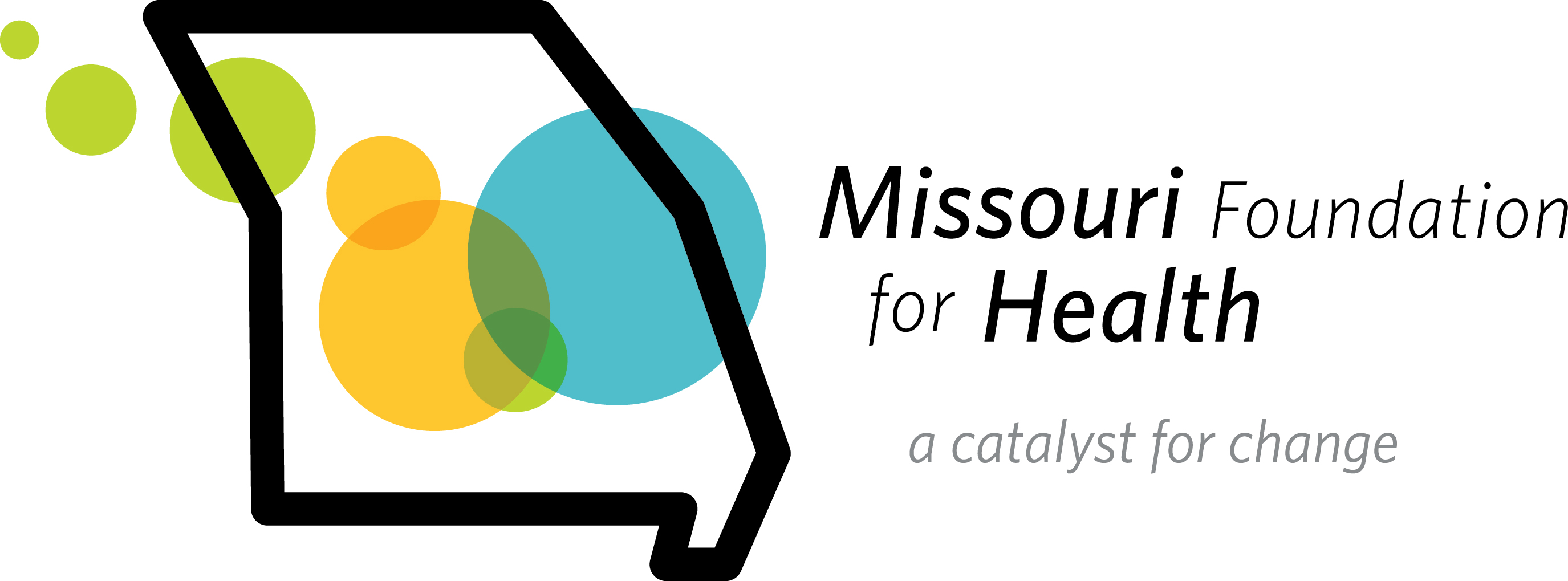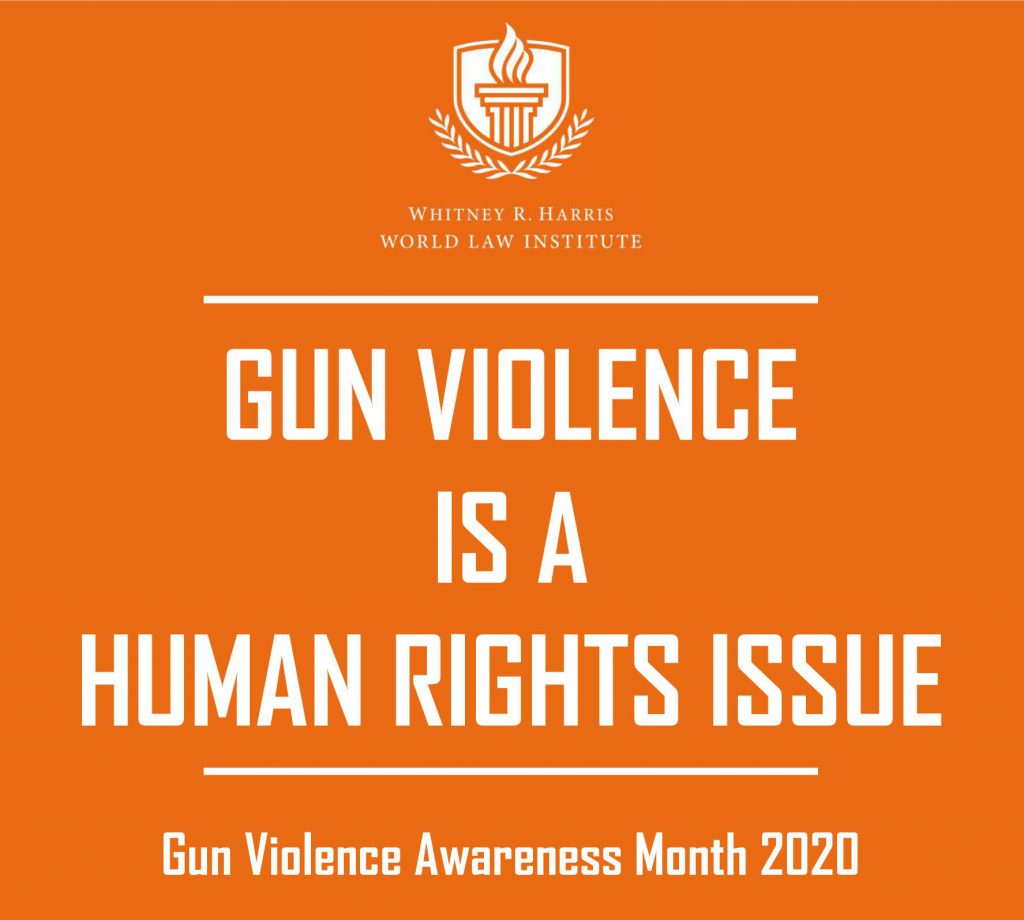By: Jessi LaRose, MPH (Senior Strategist-Initiatives, Missouri Foundation for Health)
This blog is part of a special series by the Harris Institute’s Gun Violence and Human Rights Initiative and the Institute for Public Health’s Gun Violence Initiative in recognition of National Gun Violence Awareness Month, launched on June 5th for Gun Violence Awareness Day. Throughout this series we will highlight the work being done on this critical issue across campus, the St. Louis region, and the country.
Missouri has a gun violence problem. Now widely recognized as a public health issue, it impacts people of all ages and backgrounds in all communities across our state. It is one of the leading causes of death in both the U.S. and Missouri, yet we know far less about prevention for this issue than any of the other leading causes. We at Missouri Foundation for Health knew we needed to do something to help fill this gap.
The Foundation saw an opportunity to be able to make impact and drive change by contributing to the field’s understanding of gun violence and potential solutions to address it. Our gun violence prevention strategy involves building a strong base of information and strengthening networks that enable advocates in our state to effectively respond when opportunities emerge to influence the systems and structures that underly gun violence. Through our work we have explored multiple facets of gun violence (homicides, suicides, accidents) in different communities across the state.

We have collaborated and strengthened relationships with a variety of groups working to address gun violence, and through the process we have also gained insight into these organizations’ unique perspectives. For example, the Harris Institute and Washington University’s Institute for Public Health’s 2019 joint stakeholder report highlights the impacts of gun violence on different populations and its intersection with human rights. Among their findings, they report that communities of color are disproportionately affected by urban interpersonal violence, violating the right to be free from discrimination on account of race.
As a Foundation, we view our efforts through the lens of health and our core value of equity. We are committed to eliminating inequities within all aspects of health while addressing the social and economic factors that shape health outcomes. Our partnership with Washington University’s Institute for Public Health and their gun violence Initiative offers us useful perspective on our shared efforts.
We realize that while no demographic group or geographic area is spared the devastation of gun violence, some groups experience it at higher rates. To address disparities in communities of color, MFH is supporting several community-based efforts to strengthen networks working to address interpersonal violence. This includes the hospital-based violence intervention program, Life Outside of Violence, Better Family Life’s De-escalation Centers, Saint Louis Story Stitchers Artist Collective, and the St. Louis Violence Prevention Commission.
Paired with this community-based approach, we are supporting research to help us understand these issues better. To this end, in early 2020, we announced a partnership with the National Collaborative on Gun Violence Research. While awards will not be announced until mid-summer 2020, we anticipate funded projects will result in data and information to better inform practitioners and policymakers on the best practices to prevent gun related injuries and death.
With the passing of another Gun Violence Awareness Day on June 5, we’re reminded of the lasting scars that gun violence leaves on our communities, as well as the need for a data-driven approach to address this crisis moving forward. Whether we choose to view the issue through the lens of human rights or public health, we all can see the devastating impact of inaction.

